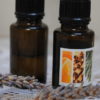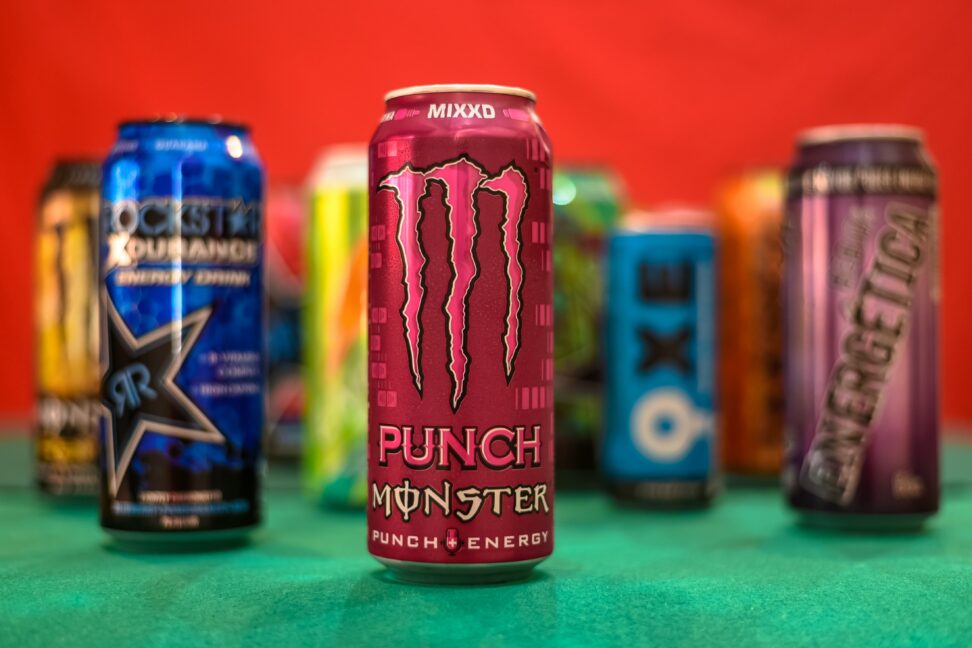There are so many health and wellness products on the market that claim to boost your health and energy — but — some are more tricks than treats! Here are two products that make great claims but bring more hidden tricks than treats.
Energy drinks
Interestingly, the first energy drink appeared in the United States in 1949; it was called Dr. Enuf. Today, Red Bull is probably the most recognized energy drink, and “Energy drinks in the United States have increased in popularity in recent years. In 2017, energy drink sales in the United States amounted to 11 billion U.S. dollars and reached around 14 billion U.S. dollars by 2021,” states Statista.com.
Their marketing claims easy and instant energy. Yet, in How Energy Drinks Are Draining Your Brain’s Power, we read:
“The amount and quality of caffeine inside the energy drinks gives a false source of energy,” Omar Eliwa, a registered pharmacist in Wisconsin, told The Epoch Times. “You’re getting more than what your brain can take. It will be detrimental in the long-term to memory, the aging of the cells, depletion of nutrients, and it makes you not want to eat, so it affects metabolism as well.”
Wow. That is spooky. In addition to the concerns above, you can also experience an irregular or rapid heartbeat; trouble breathing; diarrhea; fever; and convulsions if you consume too much caffeine, like over 400 mg.
Energy drinks really are a trick. There is no substitute for good sleep, real food, and exercise to support healthy energy. If you are experiencing one of those desperately low-energy days, you can try one of these occasional swaps and avoid the body-sapping energy drinks: 6 Natural Alternatives to the Most Popular Energy Drinks. You can also support your energy levels by going for a short walk or enjoying some peppermint tea or herb mate.
Also, remember kids should never consume energy drinks. There is no need or reason. If they have been sleeping and are still sleepy, it tells you that “something is off” and perhaps they need a full medical check-up.
Plus, “Emerging evidence has linked energy drink consumption with negative health consequences in youth like risk-seeking behaviors, poor mental health, adverse cardiovascular effects, and metabolic, renal, or dental problems,” quoting from Harvard School of Public Health.
Long term, energy drinks are adding more chemicals to your body and stimulate your “flight or flight response, which once it “is activated, your pituitary gland releases adrenaline, which sends a signal to your liver to pump more glucose (a.k.a energy) into the bloodstream,” quoting from a How energy drinks affect your body.
Constantly stimulating your body to this stressful level will wear you down and can cause hormonal changes — which is the opposite “goal” of reaching for an energy drink.
Meal replacement bars and energy bars
These products come with many of the same issues as energy drinks. Like your body wants real sleep, your body wants real food with real fiber and real nutrients. Meal replacement bars and energy bars are the opposite of food. They tend to be low in fiber and high in sugar. The more you consume these bars the more likely you are going to increase your blood sugar and increase the likelihood of developing diabetes.
The other problem with meal replacement bars is that many people eat them like a snack, and let’s restate the obvious, these bars are often packed with calories because they are designed to replace a whole meal. You can end up eating more low-nutrient calories than needed or intended.
If you need a snack (not a meal), look for high fiber and low sugar. You can make your own smoothie from real food or make your own bars with oats, nuts, and fruit. Fiber from real food will always fill you longer and make you feel stronger!
For more snack ideas, look over my Pinterest page: https://www.pinterest.com/simplywhole/



![z31[1]](https://simplywholebydevi.com/wp-content/uploads/2018/06/z311-100x100.jpg)












